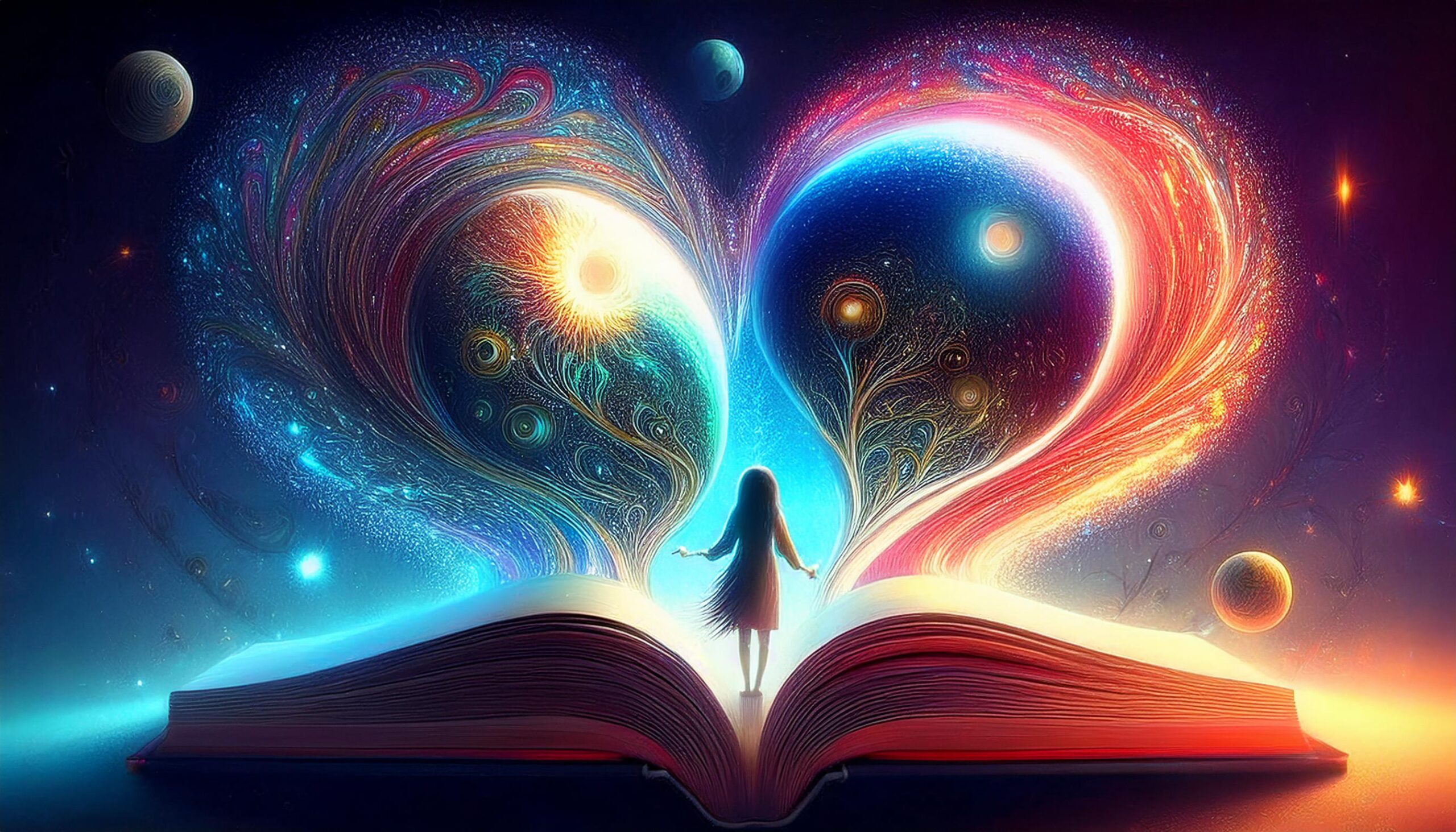Your cart is currently empty!

Writing a Compelling and Complex Character in Fantasy Fiction
Using Character Tropes
Today, I took the family to see Wicked, and afterward, we talked about the characters. When I asked my toddler son who he thought the good guys in the movie were, he said, “The pink one.” When I asked who he thought the bad guys were, he said, “The green one.” However, talking to my daughter, she said her favorite character was Elphaba — the green one.
For my son, he still hasn’t fully learned the tropes used to create characters. His media literacy, like most of his other literacy, is still developing. The shows he enjoys still employ the simple concepts of good and evil where the bad guys dress in black and the good guys are blond and popular. These are the staples of American film and television storytelling built into the foundation since the beginning of cinema. However, these tropes didn’t originate on the screen. Women with any power have been villainized since Circe was portrayed as the witch-goddess in Greek mythology and Homer’s The Odyssey.
A compelling and complex character will start with the tropes and then twist them to give something new to the audience. Look at the stories of The Wizard of Oz and Wicked. In The Wizard of Oz, the character labeled as the Wicked Witch of the West is dressed in all black and has power. She defies the norms established by society and refuses to submit to the patriarchy of Oz — a powerless man who uses lies and tricks to convince all of the land that he is the greatest of them all. In the 1900 telling of the story, the innocent and submissive woman is the good guy and the powerful and rebellious woman is the bad guy.
Breaking Character Tropes
Wicked takes that and gives the Wicked Witch of the West a name and a backstory. Elphaba becomes the empathetic reject who has never fit into society because they shun her for being different. Those who look beyond her skin aim to use her for their nefarious plans because they are powerless to do it themselves. She fights against all of that until she becomes the very thing they created.
However, it isn’t just Elphaba that has a powerful and compelling character arc. Glinda, too, becomes a complicated character throughout the story. She starts off as the naive and popular blonde who does everything to fit in. Glinda meets all the expectations society puts on her, yet she still is overlooked for her true desires. She wants to be a powerful sorceress and her jealousy of Elphaba’s inherent abilities exacerbates her societal expectations to shun her for being different. But it’s her exposure to Elphaba’s true kindness that helps Glinda change her heart and see a different side of Elphaba.
While Glinda is still fighting the pull between societal acceptance and her friendship with Elphaba at the end of the movie (and really, she is still fighting that pull at the beginning of the movie, which sets the story up as a telling of her friendship with Elphaba), she has changed her perspective on what it means to be “good” throughout the film.
Developing Layers
A complex character has layers. As a fantasy author, the best way to give a character layers is to give them a couple of different character goals, and then put them into situations where their goals are competing. This makes the character have to react to the situation to find out what their true priorities are.
For example, if we look at Angela, the story opens with her desire to break the hierarchical traditions she has grown up in and become more egalitarian among the Featherfolk. She interprets the stories of her ancestors differently than what her parents taught her. Angela fights this from the beginning.
However, when she is later introduced to an egalitarian society that wants her to be a part of it, she sees the way people can be manipulated into doing things for the greater evil. This makes her question the morals she has grown up with and push for a better understanding of what it is she is truly trying to accomplish. Angela has to wrestle with the idea that perhaps she was wrong about her personal morals.
The competing morals here are the ideals of equality with the ideals of freedom. If people are all treated equally, but they are in a society that pressures them into conformity or to perform actions without informed consent, what good is it to be equal? But if freedom comes at the cost of equality, is everyone truly free? These are some of the things Angela will have to work through and react to on her journey to find out who she really is.
When you are reading your favorite fantasy novel, what is it about the character that makes you feel like they are a whole person?
